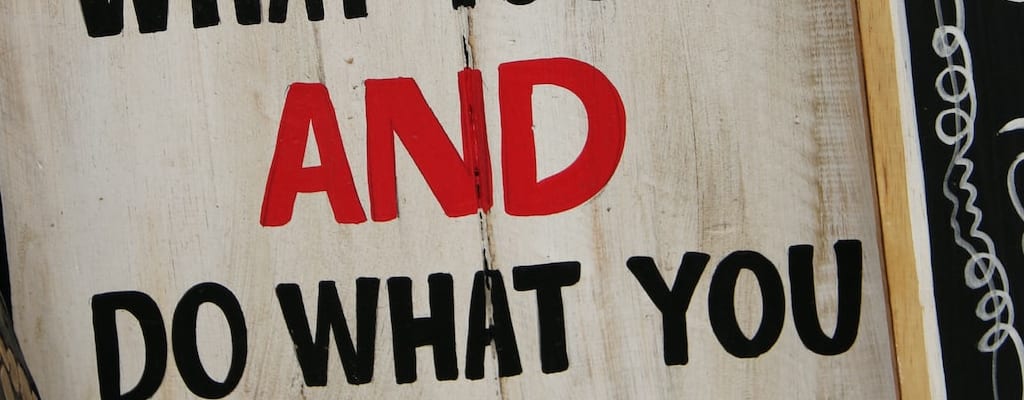top it off: Idiom Meaning and Origin
What does ‘top it off’ mean?
The idiom "top it off" means to add the finishing touch or complete something, often in a positive or satisfying way.

Idiom Explorer
The idiom "up to here" means being overwhelmed or fed up with a situation or person. It implies reaching the limit of tolerance or patience.
The idiom "touch up" means to make minor corrections, adjustments, or improvements to something, such as a piece of artwork, a photograph, or personal appearance.
The idiom "to the max" means to the highest or fullest extent. It is used to emphasize and amplify the intensity, degree, or level of something.
The idiom "top up" means to add or fill something up to its maximum level or capacity.
The idiom "topple over" means to fall or collapse, usually unexpectedly or uncontrollably, as if losing balance or support. It can be used to describe physical objects, as well as metaphorical situations or plans that fail suddenly and completely.
The idiom "top oneself" means to commit suicide. It is a colloquial expression and should be used with caution due to its sensitive nature.
The idiom "top of the line" means something that is of the highest quality or the best in its category.
The idiom "top of mind" means something that is constantly thought about or remembered, being of utmost importance or priority.
"Adding the Perfect Finishing Touch"
The idiom "top it off" has several meanings, all of which are related to completing or finishing something. The primary meaning of this idiom is to add or do something that makes a situation or event complete or better in some way. This can be seen in phrases such as "to top it off with a cherry on the cake" or "to cap it all off with a flourish." In these instances, "top it off" is used to emphasize the final touch or concluding action that enhances the overall outcome.
Another meaning of this idiom is to add something unpleasant or unexpected to an already difficult or frustrating situation. For example, someone might say, "It was raining all day, and to top it off, I missed the bus." Here, "top it off" is used to emphasize the additional negative event or circumstance that compounds the existing challenges.
Furthermore, "top it off" can also be used to express frustration or exasperation when recounting a series of aggravating events or situations. For instance, a person might say, "First, my alarm didn't go off, then there was a traffic jam, and to top it off, I spilled coffee on my shirt." In this context, "top it off" is used to convey the speaker's exasperation and the sense of cumulative frustration from a series of unfortunate events.
The origins of the idiom "top it off" can be traced back to the literal meaning of "top" as the highest point or part of something. The verb "top" has been used since the 15th century to mean "to finish," "to complete," or "to crown." This sense of finality and completion is reflected in phrases like "topping off a tower" or "topping off a cake." Over time, the phrase "top it off" evolved to encompass metaphorical meanings beyond literal topping.
The idiom "cap it all off" is closely related to "top it off." Both idioms convey the sense of adding a final touch or concluding action to complete a situation. While "top it off" generally implies enhancement or improvement, "cap it all off" emphasizes a grand or dramatic ending. For example, one might say, "After weeks of hard work, she cap it all off with a spectacular performance." "Cap it all off" adds a sense of climax and culmination to the overall experience.
The idiom "top up" shares a similar theme with "top it off," but it has a different connotation. "Top up" typically refers to adding or replenishing something that is running low or needs to be filled. For example, one might say, "I need to top up my coffee mug" or "Don't forget to top up your gas tank." While "top up" and "top it off" both involve adding something, "top up" focuses more on maintaining or refilling a resource rather than completing a situation or event.
The idiom "top notch" is another related expression that conveys a sense of excellence or superior quality. When something is described as "top notch," it is considered to be the highest level or standard. For example, one might say, "That restaurant provides top notch service" or "She always delivers top notch results." While "top notch" does not directly relate to completing or finishing something like "top it off," it shares a sense of achieving the highest level or reaching the pinnacle of excellence.
Example usage
1. She worked hard all day, top it off she even stayed late to finish the project.
2. We had a perfect day at the beach – swimming, sunbathing, and top it off, we even found a starfish.
3. I had a terrible day at work and top it off, I missed my bus and had to walk home in the rain.
More "Phrases" idioms



